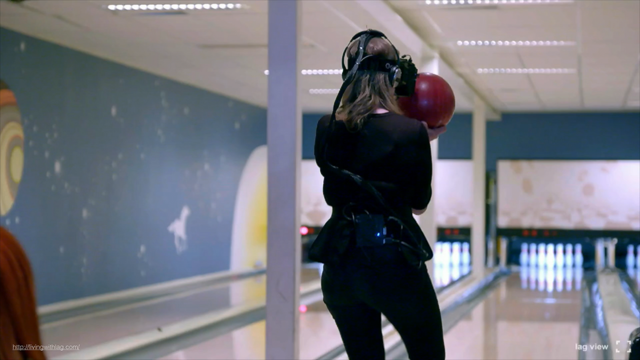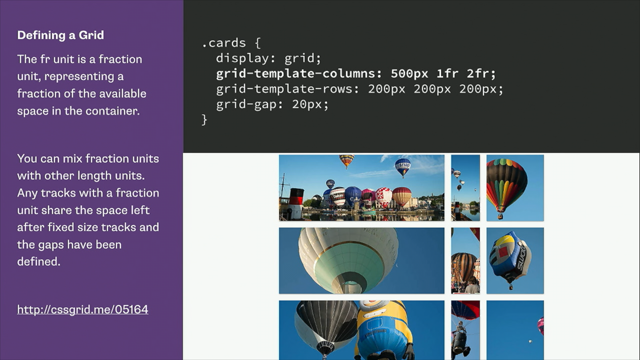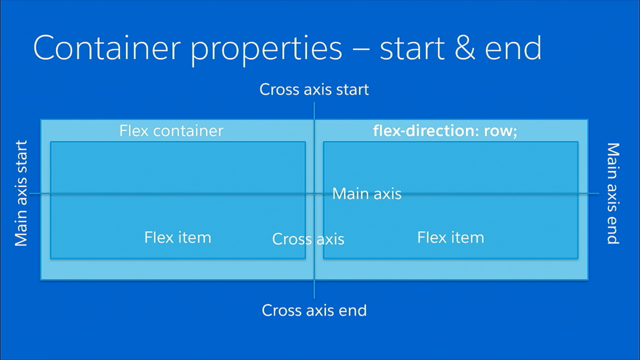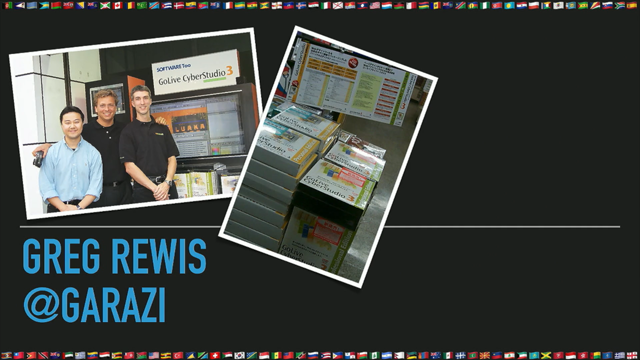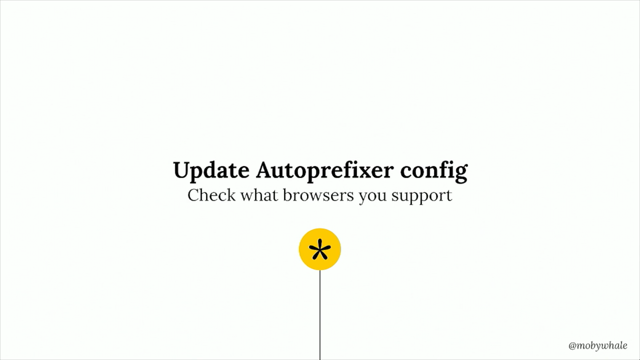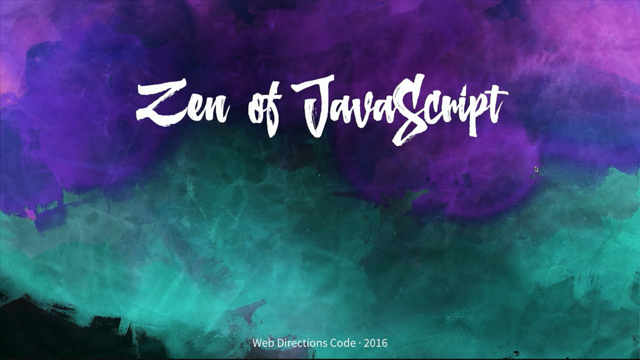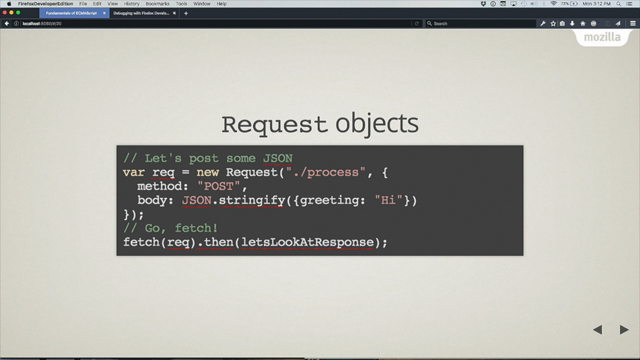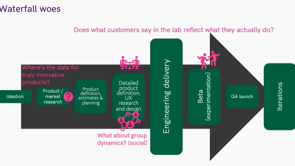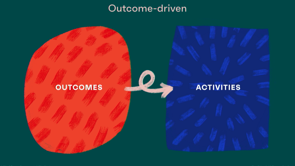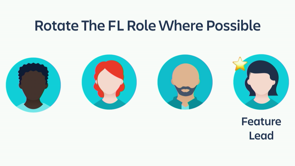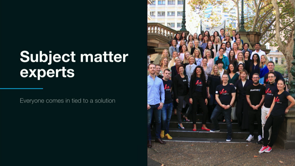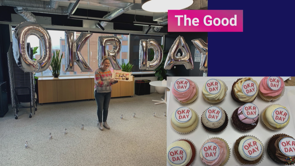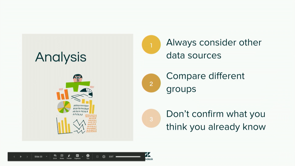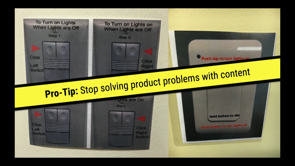Growth through long term relationships

(upbeat music) - So thanks for coming to hear me give my thoughts on growth through long term relationships.
Hopefully I be able to give you a slightly different perspective on it.
And before I give that perspective I'll just sort've tell my story about how I came to think this way and how Mentally Friendly came to work this way. Straight out of uni, or while we're still at uni, I met my business partner, Jon Christensen. We fell in love with design, the internet, and branding, and using all those things together to try and solve complex problems.
And having all this ambition and love for design, we thought we'd start our own studio directly out of school. And you can see this particularly vintage photo of the two of us at that time.
Sorry for the quality of it.
And basically, we started the studio with absolutely nothing other than that love of design.
We didn't have any processes, any approaches. We had nothing to take off the shelf.
We had no idea of knowing what the right or the proper way to do things sort've was. And a really great example of that, sort've thinking back to create this talk was I remember we got our first big project that was sort've like multi-stage in some reasonable amount, and we realised when we sat down to invoice the client that we didn't know how to write an invoice. We didn't know how to break down an invoice over several sections.
We didn't know how any of those things worked, we didn't have the format for that, so we had to contact an existing client and sort've asked them because they seemed like a nice guy, to give us a hand. So that's sort've an example of how little we had in terms of experience, and how to build a business for us, it meant learning absolutely everything from scratch. It meant trying everything, not knowing whether it was the right way or not. Evaluating whether it worked and then changing it, which turned out to be this amazing...
Well, obviously at first it slowed us down, but I think it's been the thing that has ultimately driven us to grow because we're never afraid of complexity.
We're really great at evaluating what we have in front of us, being really sceptical of it, and changing. And I guess we call that the beginner's mindset. We just take that into everything we do.
So I wanna tell you about our story of growth. Sorry.
I'm gonna tell you about our story of growth. We sort've had the same problem IBM did, scale. There was only two of us though, and we wanted to obviously become a much larger organisation.
And sort've fast forward to 10 people or so because that's a bit more interesting, we sort've thought, okay, we need to grow.
We need two things: We need profit and we need projects.
We need to make more money and we need to obviously get more of the type of work we wanna do.
So we started measuring things.
We knew it was really important if you're trying to create profit to understand how much you're making, so we setup like time tracking and all these sorts of things.
We started creating reasonably sophisticated reports to understand how much projects were worth, how much we were making, and all those sorts of things. And I didn't find where the drop off points were and where the issues were, and that started changing behaviour, so we started writing better scopes.
We started being more careful with the hours we worked. And then that created as it turns out unintended outcomes, but we started having much more kind've short term conversations with our clients about stuff.
So ultimately it became about how do we fit in the amount of hours that you've got money for, rather than how do we solve your problem.
It became how do we have this hard conversation with this client, and that kind've stuff.
And the same sort've situation played out with how do we get more projects.
We sort've looked at it as how do we measure referrals, or NPS I guess it's called, and we asked those similar sorts of questions. The NPS would ask "Would you refer us?" and again, it created really short term behaviours, so we started becoming really good friends with our clients, but not necessarily having the hard conversations or working towards the best possible project outcome. And ultimately all of these things wrapped together didn't create growth, they created stagnation. We weren't growing faster, we were probably creating a platform of stagnation. And for us that was obvious really frustrating, so we made a big effort to reevaluate where we're up to, what was working, and really figured out that, as I kind've alluded to, what we knew we didn't want was short term relationships, we wanted long term relationships.
And for us that meant figuring out what that meant to the client.
So we not really understanding how you would go about doing something like this, we looked at what were the things that clients really needed.
They needed, as it turns out, clarity, confidence, and momentum, amongst other things. And what I mean by clarity for instance, is it's not enough to have solved the problem at the end of the project.
They need to really understand what that solution is, and that happens tonnes in design consulting where a team get really passionate and solve a problem and then hand it to a client who doesn't fully understand it.
They need confidence.
Not just in that solution, so it needs to be backed by data and human stories, et cetera.
But also, they need to have won the confidence of the people around them.
They need to feel that their organisation has their confidence.
And then lastly, momentum.
By the end of the project, it needs to be really clear how that project is gonna go on to win, and we need to include all the potential barriers to success that that project might have and make sure that it's gonna go on to succeed past our slaving.
'Cause if we leave and it's great on the last day of our project, but it falls down later, then they lose.
And right away we start evaluating these things and right away sort've felt a difference in the way that we behave, and thought it would be really difficult to measure, but actually really quickly developed a simple way to measure this stuff as well.
So instead of doing like an NPS survey at the end of projects like every two days throughout our entire project.
So four times per sprint, we use this check-in card. We just ask two really simple questions: What's your gut feel and do you sort've understand the next steps? It's really simply, just hand it out.
We've also got a digital version, and it just maps everything on a nice little kind've visualisation for us, so we're constantly checking in, and what we found out, what we found from this is it created this really amazing long term view or behaviour set for our teams.
Started looking at how do we help our clients succeed in the long term, not how do we extract the most amount of money or create the best relationship today, and that did see us grow, and we've grown quickly to multiple studios and much better projects and more interesting clients as well since then. We took that same learning and thought, well I wonder if that approach to goal setting and measurement works for the projects that we're working on, not just like our own internal team.
And we work with government services, health, banking, insurance, energy, and all different sorts of businesses who also have a similar problem we sort've thought. Most of the measures we were using were reasonably short term.
What if we thought to apply an additional lent of really long term, and perhaps slightly more human measures to the stuff that we're building.
And the experience we had building those products for say, banks that have 10 million customers, or government services that service the whole of Australia, and seeing this success there led us to this like completely inbuilt belief in us all now, which is that products built for long term relationships will change the world.
They're not just gonna grow better, which they do. They're not just gonna retain better, which they also do, but they create better and more human outcomes. They align more with the social goals because obviously if you're helping someone retain and build wealth, or retain and build value other time, then they're gonna be more valuable to themselves, to the community, and to you.
And when one business does it, they perform better, but when everyone does it, or if everyone did it, the world would literally change for the better. So we built that into the purpose of our business, making good intentions real.
Designed to help businesses that have these really purpose-driven kind've social responsibility type ambitions and are developing a lot of intention to do good, but often see it as a trade off.
Either we can't afford to do it right now, or we don't wanna mess up our key product, or we don't know how to build it into our key products specifically, and it often ends up being like a social responsibility arm or a foundation over here and then a product creating less good social outcomes here. We help people to build that kind've long term social value and business value directly into their products. And to the question we can't afford it, to do it, I always answer, "Well, we can't afford sort've not to." because it's not about how much money we make in the next quarter.
For most of the businesses under siege and the categories I just spoke up, it's more about whether they're gonna be around in five years time and ten years time.
So on that journey to forming that belief, we learned a few things, and I just want to share a couple of them.
Just gonna make sure so I can see.
The first one was the measures you think usually work, usually don't.
It's like a bit of a mouthful, as these all are actually, but the measures we usually use that we grab for when we're kicking off a project and we're thinking okay, we're gonna do view per stream, streams per view, or products per person.
We're gonna do NPS, we're gonna do value per customer, we're gonna do these measures and we're really gonna cover ourselves and make sure we know what's going on.
They are often failing on one of two points. Not always, but often.
Either they're not very good at measuring the thing that they think that they're measuring.
You only have to Google NPS to see 30 years worth of argument about whether that's a thing that actually exists. Or they're not measuring the thing that you need to be measuring because you've just sort of reached for the kind of the one that your organisation uses and it might not be quite right for the product that you're about to embark upon or the value that you're trying to add.
And then second of all, they almost never measure value created.
They only really ever measure value taken.
Even in the case of NPS where you are trying to ascertain did someone have a good experience, you're really asking would you refer me to someone else, which is sort of like a proxy for do you think this was a good experience, but it's not actually asking or figuring out or measuring whether someone actually got value from your service.
It's just in that moment, were you able to create a scenario where they're happy to refer you, which is really easy to gain and really easy to create situations where, particularly when it's human-based, you have these sort've weird short term behaviours so I can get the NPS score, but we lose them as a customer in the long term. The next one is that you make what you measure. Couldn't be a more truer statement.
We often think about the measures as being something that we put in place so that after the things live, we can tell whether we've succeeded, but actually, what I see happen, is that the measures that we choose actually have one of the most significant impacts on the outcome of what we make, and when we reach for generic measures, we make generic products.
I think that's also really true of inspiring teams. We're trying to inspire teams to innovate and encourage them to be autonomous and do amazing things, but we're giving them typically obviously financial goals, which I think are completely fine and really important, but very uninspiring kind've measurements and goals in terms of the things that we're trying to change because we think of them as being too hard to do so. And then lastly, the things that people value never really change, which I think is especially kind of inspiring when you think about the meaning of it and kind of reassuring if you're in innovation. When everything else is changing, you're constantly being told you have to innovate constantly, you have to change your product, you need to think and deliver new things every week. It becomes exhausting, for starters, and also really difficult to be focused.
Concentrating on a piece of human value makes it possible to create an organising principle outside of just making tonnes of money to build a unique proposition for your product or service. And a great example of that is sport.
I don't like or follow sport, so I might get some of the terminology a bit wrong here, but basically, people, the way I see it as an outsider, don't love sport because they love watching people chase a little white ball around, they love sport because they love to feel included. The world's most successful sports aren't necessarily the most technically kind've interesting ones, they're the ones that do the best jobs of including their fans.
Like, that person's not excited about someone kicking a ball.
They're excited about their tribe winning.
They're excited about the feeling of being included in that moment.
And the organising principle for the them, the organising principle for sport is obviously how do we best include our audience.
So how do I choose the human value I should go after? How do I choose my organising principle? Often when we give, I've just been given a 10 minute time. Thanks, I'm gonna start speaking a bit quickly. Often when we give design teams free reign here, they'll choose one of these four things, or perhaps all of them.
Seamlessness, convenience, novelty, and beauty. I don't think that these things are inherently actually that valuable.
I don't think that they're human value, I just think that they're enablers.
And if I was to point out human value, I'd look to this pyramid.
So yes, you want your enablers, and they're also amazing, but they're a way to get somewhere else.
They're not actually the destination.
The destination that you're trying to create is resilience, stability, health, privacy, connection, inclusion, trust, respect, momentum, all the way up to autonomy. We're trying to build better humans by supporting them to thing that they're trying to achieve. And I'll give you like a really quick example. Redesigning a wallet using those four pieces of human value, or those four enablers, is gonna be easy, right? Wallets are pretty shitty when you have to go get money to put in it, then when you have to open it when you wanna pay for something.
You can lose it and it's gone, people can steal from it. If you do lose it you've gotta replace everything, and the internet's gonna be able to fix all those things really quickly.
Cool, so we've redesigned it.
We'll skip this a bit, but we've redesigned it and we've smashed it. We've created something that's really seamless, like boop, boop, boop, boop, we can buy stuff really easy. It's convenient, all my bills are being taken care of. I don't have to worry about that anymore.
It's novel, it's new, it's sending me updates about new features all the time, and ultimately, hopefully it's beautiful.
So you've taken a high-friction high-comprehension wallet and turned it into a low-friction low-comprehension banking app, but you don't actually understand any of the stuff that's happening in that banking app. Where once you could open up your wallet and see that you had 10 dollars in there, now you got no idea how much money you have or where it's going, whether you're earning more than you're spending, or vice versa, and ultimately what happens is that we've created a situation where it's easier to make worse decisions more quickly and for it to go longer until you've noticed the repercussions of this. And from a society perspective, we've created a situation where debt's really high, savings is really low, and financial anxiety is through the roof.
So if we'd done it through this other lens, which to be fair, most big organisations are doing now to some degree, and perhaps chosen these kind of few, if we'd gone with resilience, privacy, autonomy, capability, and clarity for instance, you'd get Up Bank.
You'd get a bank or a product that is trying to build resilience, for instance. Trying to help people be able to weather the storms of financial problems.
You'd get privacy, a product where you can trust the information you're putting in, and therefore you put more in.
You'd get clarity, you know where your money is going, and ultimately, you'd be autonomous with your money and you'd spend more of it other time.
Now like, I've never worked with Up, but I'm just a big fan of the product, and I don't know how they went about this, but I assume that it would've been really connecting with those long term human goals and it's really clear that it's making a difference because they're just like a small team from the second best city in Australia (audience laughter) and they're taking on the biggest banks in Australia and ultimately as good as any in the world. So I think that shows the power of this sort've framework. And also just lastly on that, it feels like okay, that's cool, but they're just words, you can't measure them, but you can. Resilience in some ways is equally as easy to measure as say, profit, which is also an abstract term. If you wanna measure resilience, you look at how much money on hand your customers have, whether they've gone into hardship, whether they have savings, how they're reliant on credit, and all those sorts've things.
So it's easy to measure, or as easy as any other financial or abstract concept. So lastly, just to finish up, the kind've parting for it, I suppose, is just to choose the right thing to measure is more important than measuring tonnes of things. Just measure it imperfectly to begin with.
To choose something from that pyramid I suppose that you really believe in to become an organising principle of your product because that will generate these long term relationships which help you obviously grow, it will help you retain, it will help you carve out a better value proposition, and therefore communicate more clearly and attract more people.
And then lastly, remember I suppose for me, that human value is business value.
Lots of abstract and sort've techy type ways, but also in very literal ways.
More resilient customers are more valuable customers. Thanks! So there's like a check-in card.
(weak applause) No, please clap! (laughter and applause) (upbeat music)
Nick will share a framework to help you define and measuring value in ways that inspires teams to differentiate, drive retention and build long term relationships.
